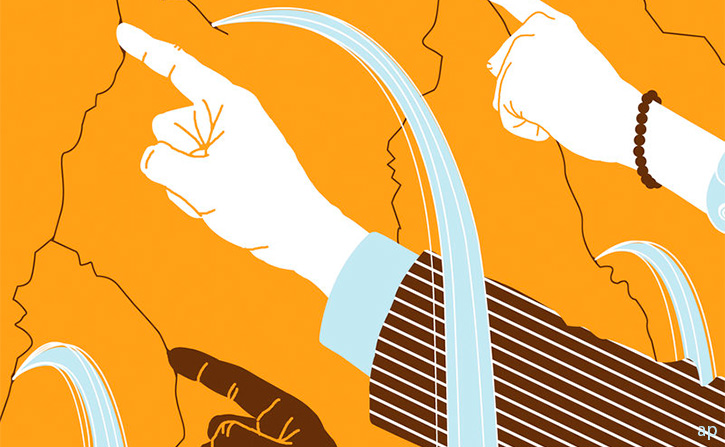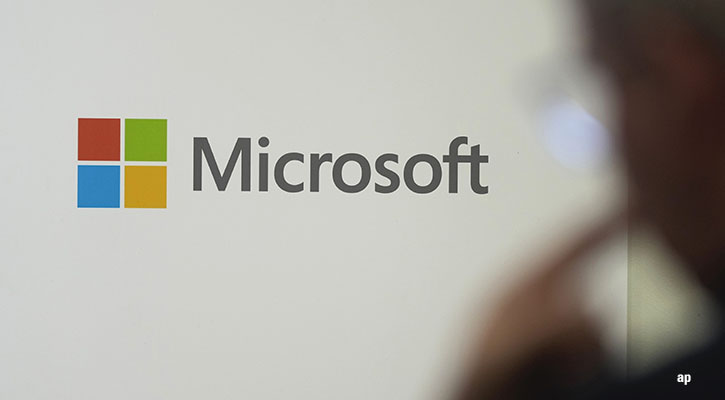My colleague Lee Davidson discussed in a recent article the threat posed to investors' portfolios by the widespread human trait of overconfidence. At a lunch held for market journalists this afternoon, co-hosted by an institutional stockbroking firm and their financial PR firm, I bore witness to this very trait when the results were announced of the 2011 bull and bear stock picks. The turbulence of 2011 meant that the broad spread of results caused only a few wry cheers and, unfortunately, many more slow claps of derision. But it wasn't just the volatile ride of yesteryear that led to such an outcome; a mixture of game theory and overconfidence also plays a role in this annual competition.
One year ago, the group of guests, which consists primarily of U.K. market reporters from a range of national newspapers and newswires (and yours truly), plus a few of the host's own brokers, were asked to put forward their 'buy of the year' and their 'sell of the year', plus a prediction for where the FTSE 100 would close 12 months later. It's worth noting that the choices would likely be very different if money was to change hands; rather, to win a prize that consists of prestige (ok, and a bottle of bubbly), one needs to take some risk--risk that probably wouldn't be taken if hard cash were at stake.
At today's event, the results of 17 individuals' submissions were unveiled. Punts placed in early 2011 on where the FTSE 100 would be one year on (close as of Feb 1, 2012) ranged from 5,000 points to 7,200, with 16 of the 17 bets exceeding the end result of 5,791. (For the record, I was middle-of-the-range with a bet of 6,400--what can I say? I'm an optimist.)
Moving on to 'buy of the year', the winning stock from the 17 submissions was AIM-listed Indus Gas (INDI), which has gained just over 20% in the past year. 'Sell of the year' was won by the guest who put forward Game Group (GMG), which plunged 92% lower in the 12 months since end-January 2011. What's more interesting--and embarrassing--is the list of losers. I confess that my 'sell' bet was rather misplaced--Paragon Group (PAG) fell by only 3.5% in a year when the FTSE All Share lost 3.0%, but at least I was on the right side of breakeven. The sell punt that turned out to be the farthest from the truth was Next (NXT), which gained 32%. And even more surprising was on the buy side, where 15 of the 17 stocks put forward actually had negative returns in the 12-month period, with the worst off being Luminar, which in essence lost 100% of its market value as the company was placed into administration in November last year. (Again, for the record, of the two buy punts that achieved positive returns, second place went to BG Group (BG.), put forward by me and informed by the Morningstar Research Report on the gas and oil group.)
So what does all this mean? Well, the fact that most of the 17 sell punts did indeed fall in the chosen period but so did the vast majority of the buys suggests that it's easier to pick a loser than a winner. Of course this was a game--no money was at stake, merely pride. But the results also show that even those in the know--people who track the market's moves on a daily, nay, hourly, basis--struggle to accurately predict share price performance. And for this very reason, it's good to diversify. Diversification isn't a guarantee of decent returns, it's no magic bullet, but it is a step to spreading one's risk, hedging one's bets, and smoothing out the returns by putting one's eggs in a diverse range of baskets.
If I'd invested my pension in the 17 buy stocks put forward by last year's lunch guests, I'd be retiring in poverty by all accounts. But even such a wide range of stocks--including energy companies, retailers, technology and financial services--wouldn't qualify as a well-diversified portfolio. To earn that status my portfolio would need to be diversified across geographies as well as sectors, across other asset classes in addition to equities, and by investment style (growth vs. income) as well as interest rate sensitivity.
Suffice to say I won't be investing with today's lunch guests any time soon, but then they aren't U.K. equity-fund managers. Had I put my money where my own mouth was one year ago I'd be very marginally in the black today, but one year's positive (fantasy) performance isn't going to turn me into a stock picker--I'd rather stick to what I'm good at, ensure I'm managing my portfolio well, and leave the trading gambles to the professionals.























